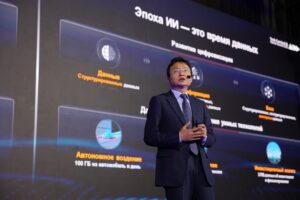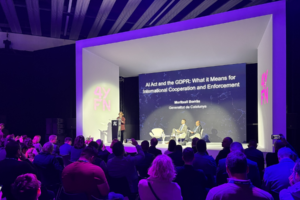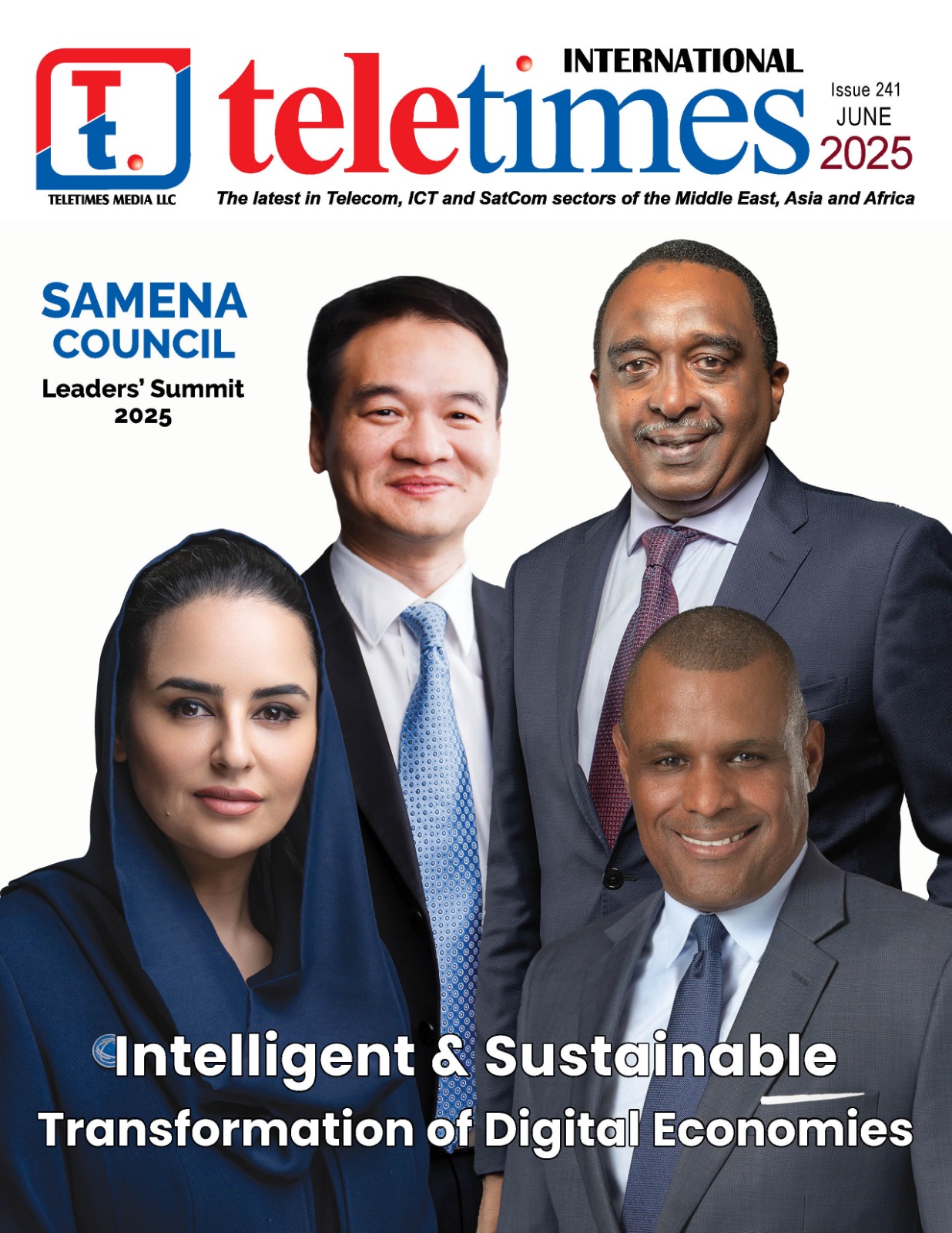Moscow’s Information Technologies Department has carried out a study of smart home monthly tariffs charged by operators in various countries. The tariffs are lowest in Moscow and Berlin, and highest in Dubai.
Moscow’s Information Technologies Department has carried
out a study of smart home monthly tariffs charged by operators in various countries.
The tariffs are lowest in Moscow and Berlin, and highest in Dubai.
The tariffs cover the installation of equipment (devices,
sensors etc.), as well as rental and servicing costs for a minimum period of
three years.
The minimum tariff charged by Moscow operators for
smart home solutions is €7.6 per month, compared to €7.9 in Berlin and €12.5 in
Paris, which holds third place in the ranking. The most expensive city is
Dubai, at €21.9 per month.
Also included in the ranking were Sydney, London and
Toronto, which came fourth, fifth and sixth, respectively,
“With the development of digital technologies, smart
home devices are becoming more and more popular amongst Muscovites. More than
5% of Moscow families have already bought and use such devices, while in some
countries, such as Norway, Denmark (and other Scandinavian countries), as well
as the United States, one in four families are already using smart home
devices,” stress the authors of the study.
The analysts predict that the global smart home device
market will grow at an average annual rate of over 20% to reach 1.3 bn devices
in 2022.
“Telecoms operators are active players in the smart
home market. At present, more than half of the world’s major telecoms operators
offer smart home solutions with devices and special tariffs,” states the study.
The Information Technologies Department has also
compiled a list of the most popular types of smart home equipment. This covers
24 devices, including plant care sensors, smoke detectors, air quality sensors,
water leak detectors, and opening and closing sensors, each of which is included
in the tariff of at least one operator in each city. The devices are divided
into four categories: ecology, security, light & electricity, and hardware.
The largest number of devices is available within the
tariffs offered in Berlin and Dubai – 15 each. Second place on this indicator
is held by Toronto, with 14 devices. In London, 9 devices are available, compared
to 10 in Moscow and 11 in Paris.
The study looked at over 30 leading telecoms operators
in 9 countries, focusing on the cost of their minimum smart home tariff plan under
a minimum 3-year contract.
The study reveals that 42% of telecoms operators in
megacities do not supply smart home services, 32% sell devices and offer special
tariffs, and 26% sell smart home devices but do not offer tariffs covering
their connection and servicing.
Reference:
The Department of Information Technologies of Moscow
(DIT) has been rapidly developing and actively growing for the past 5 years.
During these years we have created over a thousand systems and services and we
are pursuing the target of launching around 300 new projects annually. Today,
we are proud of having digitalized over 166 state services, this is obviously
more than any other region of Russia. Moreover, within the last years we have
created an outstanding number of 178 portals, including the official Mayor and
Government of Moscow web-site “mos.ru”. Our systems cover over 60
industries and penetrate into each aspect of Moscow citizens’ everyday lives,
our products and services include:
• Electronic
queue for Civil registry office;
• Arrangement
of remote medical appointments;
• Personal
electronic medical records;
• Children
assignment to kindergardens/schools/extracurricular activities;
• Providing
schools with cutting edge technological equipment;
• Obtaining
references, enquiries and services remotely;
• Numerous
projects in housing and public amenities, starting from telemetrics and
energetics to the possibility of submitting water usage information.
Current structure of the Department distinguishes up
to 30 unique products and programmes, including medical and education systems
informatization, creation of crowdsourcing platforms, development of various
resources and portals for Moscow and its citizens. We are aimed at continuing
the process of effective informatization of the city with an emphasis on innovation
development and advanced technologies application.
Moscow, Berlin and Paris now leaders in Smart Home availability
May 23, 2019
536 Views
4 Min Read
You may also like
AI & IoT
Huawei releases AI Data Lake Solution, positioned to accelerate industry intelligence
2 weeks ago 2 weeks ago
AI & IoT
The APDCAT defends ethical and trustworthy artificial intelligence at the MWC to be more competitive
3 months ago 3 months ago











